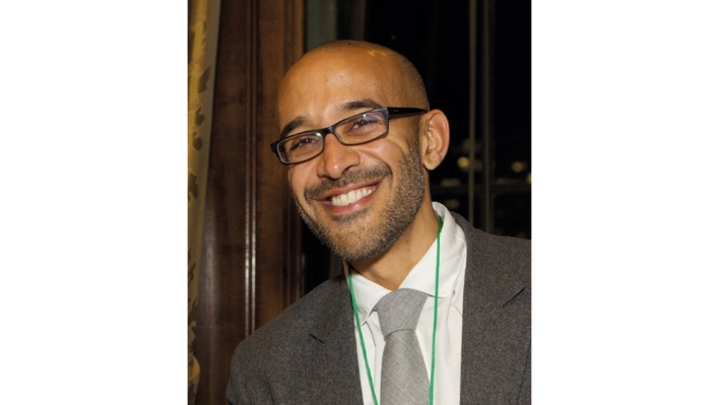Lord Dobbs argues that, in an uncertain world, we need the BBC more than ever
Lord Dobbs, creator of the House of Cards series of novels, has mounted a passionate defence of the BBC as a global public service operator that is "arguably, the most important form of foreign aid we provide".
Delivering this year's RTS Huw Wheldon Memorial Lecture, Lord Dobbs said that, in an era of VoD and social media, "public service broadcasting is challenged on all sides".
"New technologies and new platforms, the changing ownership of channels and production houses – and, of course, an endless battle with its budget" – were all threatening PSB.
"There will be fierce and sometimes furious arguments about the BBC's funding" following the general election, Dobbs predicted.
He continued: "The House of Commons Culture, Media and Sport Committee has just delivered pretty dramatic advice on how it should change – or be changed. We can't take any of the present rules for granted."
Netflix's reinvention of House of Cards, originally a BBC drama, had given Dobbs first-hand experience of how content is made in the digital age.
"Netflix rebuilt House of Cards – commissioned it without any pilot, for two full seasons, 26 episodes, sight unseen, trusting in the strength of the concept and the skills of Kevin Spacey and David Fincher," he said.
"The risk was awesome but, then, so was the potential. And the need. Just a few years earlier, Netflix had been in the tired old business of renting out videos. It seemed likely to be another victim of our changing world. Today, it's a world beater, and I'm left regretting that I didn't take my payment in Netflix stock."
In this world of digital disruption, the BBC has often been its own worst enemy, Dobbs argued: "There's a sense among many opinion formers that a BBC that was set up to be the custodian of all that is best in British broadcasting has, too often in recent years, slipped into both organisational and intellectual arrogance. The criticism is, in many instances, well founded."
Politicians, too, had been guilty of betraying public trust. He said: "For every BBC screw-up, such as the Digital Media Initiative and the sale of Lonely Planet, Westminster has its own IT catastrophes, its organisational incompetences and, not least of all, its stupendously wasteful wars.
"The BBC is a little like the monarch: impossible to measure how much she earns for the country, but we know it's immense."
"We politicians, too, have our expenses fiascos – and I don't know any BBC executive who has yet put in a claim for a duck house.
"And, as far as Savile is concerned, it would be a courageous politician who didn't think a new Westminster sex scandal was brewing."
Dobbs suggested, "The BBC is a little like the monarch: impossible to measure how much she earns for the country, but we know it's immense."
He said the BBC had "an impact in every corner of the globe. It is one of the prime weapon systems in our arsenal of soft power, which will grow increasingly important in the years of uncertainty that lie ahead". The World Service was "arguably the most important form of foreign aid we provide" (see article on page 30).
But Dobbs cautioned: "That doesn't mean giving the BBC a blank cheque, or refraining from giving it a good kicking when it deserves it, but it does mean making sure that it has the opportunity, and the encouragement, to meet its ambition of doubling its global audience to half a billion people in the next seven years.
"What a difference that could make. A vibrant system of public service broadcasting that is part of our future, not just a glorious past. If we didn't have the BBC, how much would we be willing to pay to invent it?"
The full text of the RTS Huw Wheldon Memorial Lecture, 'Public service broadcasting: a house of cards?' by Michael Dobbs, Lord Dobbs of Wylye, is available here.







